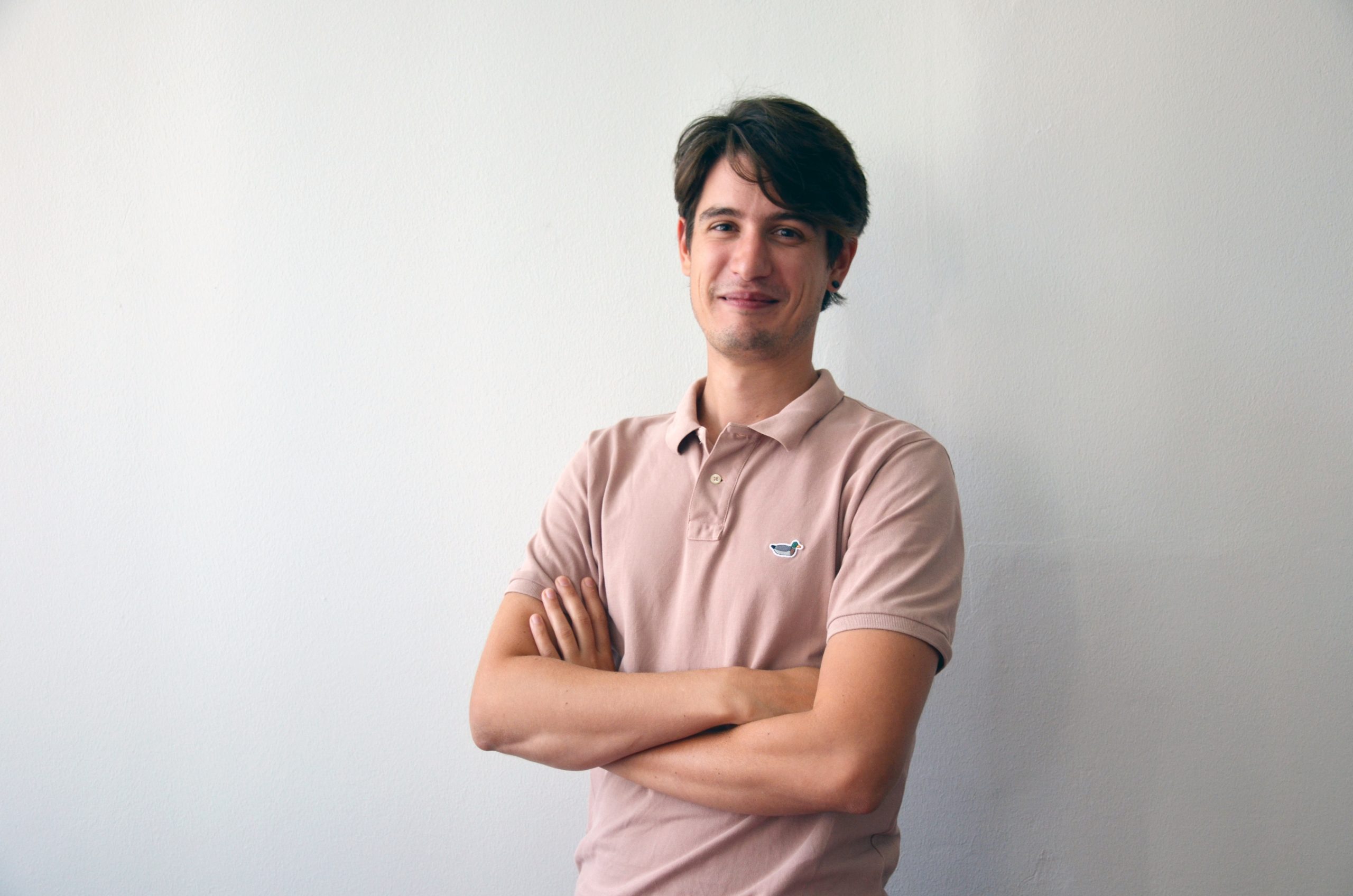Faces of ESLR: Andrea Gradassi
I am a PhD student in Psychology at the University of Amsterdam. I have always been interested in what makes human groups work (or not). Why do we at times cooperate and others are at war? Are the historical circumstances and the values we are raised with that determine our behavior? Or are we free to make our own decisions? Of course, many people throughout history tried to tackle these questions, and I thought that starting out with a Bachelor’s in Philosophy could be a great way to get a sense of the possible answers. Unfortunately, philosophical answers are always a bit vague… there is a reason why people are still debating after thousands of years!
So I tried to narrow down the scope a bit, and focus on what goes on in people’s heads, naively thinking it would be an easier task. After my Bachelor’s, I enrolled in a Master’s in Brain and Cognitive Science in Berlin. For one of my internships, I started working with Lucas Molleman and Wouter van den Bos at the Max Planck Institute for Human Development. There I learnt more about human decision-making and social learning in particular.
I have then followed them all the way to Amsterdam, at the Connected Minds lab, where I am focusing on social learning in the context of adolescents’ development. In particular, we are studying how learning from different types of peers can facilitate or hinder the transmission of social information. For example, in one of our studies we show that popular classmates can influence others to raise more money for charities. In another study we looked at how peers who are close in their social network tend to learn more from each other. In general, I am interested in finding out how the creativity and desire for exploration typical of adolescence can be leveraged to create more prosocial and positive environments. The future of human societies hinges on how well the next generations will fare, so working on understanding what changes adolescents go through before entering adult life is an interesting and rewarding challenge.
Outside academia, I love spending time outdoors mostly running, hiking, biking and climbing, or whatever the local geography allows for. I also have an obsession for cooking and especially learning recipes from other cultures.
If you are curious about my research, feel free to get in touch!
About the author
Sabine Noebel graduated from the University of Bonn and received her PhD from the University of Siegen (both in Germany). Her PhD project was supervised by Klaudia Witte and focused on social information use during mate choice in a group of fish called poeciliids. Then, she did a 4-year post-doc with Etienne Danchin at Université de Toulouse (France) on cultural transmission of mating preferences in fruit flies and fish. Since three years she is a research fellow at the Institute for Advanced Study in Toulouse.
